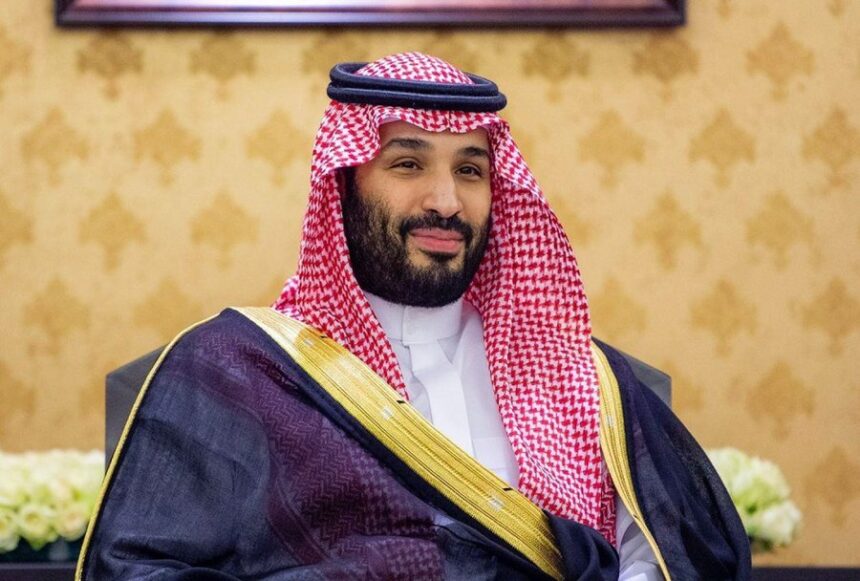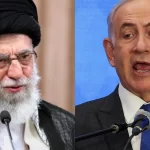Mohammed bin Salman, often abbreviated as MBS, stands as one of the most influential figures in contemporary geopolitics. As the Crown Prince of Saudi Arabia, he has not only reshaped the internal dynamics of the Kingdom but also significantly impacted global economic and political landscapes. His leadership is characterized by ambitious reforms, a drive for modernization, and controversial policies that have sparked both admiration and criticism.
Early Life and Background
Mohammed bin Salman was born on August 31, 1985, in Riyadh, Saudi Arabia. He is the seventh son of King Salman bin Abdulaziz Al Saud and his third wife, Fahda bint Falah Al Hethal. Growing up in a royal family, MBS was groomed for leadership from a young age, though his path was not always straightforward. He completed his primary and secondary education in Riyadh before attending King Saud University, where he earned a degree in Law. His academic background, though not focused on politics or economics, laid the groundwork for his future role in governance.
Rise to Power
Mohammed bin Salman’s ascent to power was both rapid and strategic. In 2009, he was appointed as the Special Adviser to his father, who was then the Governor of Riyadh. This position allowed him to gain valuable experience in governance and statecraft. In 2012, he was named Minister of Defense, a role that significantly enhanced his profile both domestically and internationally. His appointment as Crown Prince in June 2017 marked a pivotal moment in Saudi Arabia’s political landscape, succeeding his cousin, Muhammad bin Nayef.
Vision 2030
One of MBS’s most notable contributions is the Vision 2030 plan, an ambitious roadmap designed to transform Saudi Arabia’s economy and society. Unveiled in April 2016, Vision 2030 seeks to reduce the Kingdom’s dependency on oil revenue by diversifying its economic base. The plan encompasses a broad range of objectives:
- Economic Diversification: Vision 2030 aims to develop sectors such as tourism, entertainment, and technology. The Saudi Public Investment Fund (PIF) has been central to this effort, investing in various international and domestic ventures.
- Privatization: A key element of Vision 2030 is the privatization of state-owned enterprises. This includes partial privatization of Saudi Aramco, the world’s largest oil company. The initial public offering (IPO) of Aramco, though scaled down from initial expectations, remains a landmark event in the Kingdom’s economic transformation.
- Social Reforms: The plan also includes significant social reforms. These reforms are aimed at modernizing Saudi society, including the promotion of women’s rights and increased cultural and entertainment opportunities. The lifting of the ban on women driving and the easing of certain social restrictions are examples of these reforms.
- Infrastructure Development: Vision 2030 envisions substantial investments in infrastructure, including the development of new cities such as Neom, a futuristic urban area intended to be a hub for innovation and technology.
Social and Cultural Reforms
Under Mohammed bin Salman’s leadership, Saudi Arabia has experienced notable social and cultural shifts. Historically, the Kingdom has been known for its conservative social policies, heavily influenced by Wahhabi Islam. However, MBS has sought to transform this image by introducing several reforms:
- Women’s Rights: One of the most visible changes has been the improvement of women’s rights. In 2018, Saudi Arabia lifted the ban on women driving, a move widely celebrated both within the Kingdom and internationally. Additionally, women have been granted greater participation in the workforce and have been allowed to attend sports events and concerts.
- Entertainment and Leisure: MBS has also pushed for a more vibrant cultural scene. This includes hosting international concerts, film screenings, and sporting events. The introduction of cinemas and large-scale music festivals are part of a broader strategy to diversify the Kingdom’s entertainment options.
- Religious Tolerance: While still maintaining a strong Islamic identity, the Crown Prince has advocated for a more moderate form of Islam and has promoted interfaith dialogue. His efforts to project a more open image are part of a broader strategy to improve Saudi Arabia’s global reputation.
Economic and Strategic Initiatives
MBS’s economic strategies extend beyond Vision 2030. His approach to international relations and economic diplomacy is integral to his vision of transforming Saudi Arabia into a global investment hub:
- Diversified Investments: The Saudi Public Investment Fund (PIF) has been used to invest in diverse sectors globally, from technology to entertainment. Investments in companies like Uber and Tesla illustrate MBS’s intent to position Saudi Arabia as a forward-looking investment partner.
- Regional Influence: MBS has also sought to assert Saudi Arabia’s influence in the Middle East. His foreign policy has been marked by assertiveness, particularly in Yemen, where Saudi Arabia has led a coalition against Houthi rebels, and in the Gulf Cooperation Council (GCC), where he has navigated complex diplomatic relationships.
- Economic Reforms: Domestically, MBS has pursued economic reforms aimed at reducing unemployment, encouraging entrepreneurship, and fostering innovation. Initiatives such as the National Industrial Development and Logistics Program (NIDLP) are designed to develop the industrial and logistics sectors.
Controversies and Criticisms
Despite his ambitious reforms and modernization efforts, Mohammed bin Salman’s tenure has been marred by several controversies:
- Human Rights Concerns: MBS’s administration has faced significant criticism regarding human rights. The arrest of political activists, the crackdown on dissent, and the alleged torture and execution of activists have drawn international condemnation. The murder of journalist Jamal Khashoggi in 2018, allegedly ordered by MBS, remains one of the most significant controversies. The incident led to widespread criticism and strained relations with several Western countries.
- Yemen Conflict: The Saudi-led intervention in Yemen has resulted in a prolonged humanitarian crisis. The conflict has been characterized by high civilian casualties and widespread destruction, drawing criticism from human rights organizations and international observers.
- Consolidation of Power: MBS’s rise to power has involved the consolidation of authority, including the detention of rival princes and the centralization of decision-making. This has raised concerns about the potential for increased autocracy and the suppression of political dissent.







